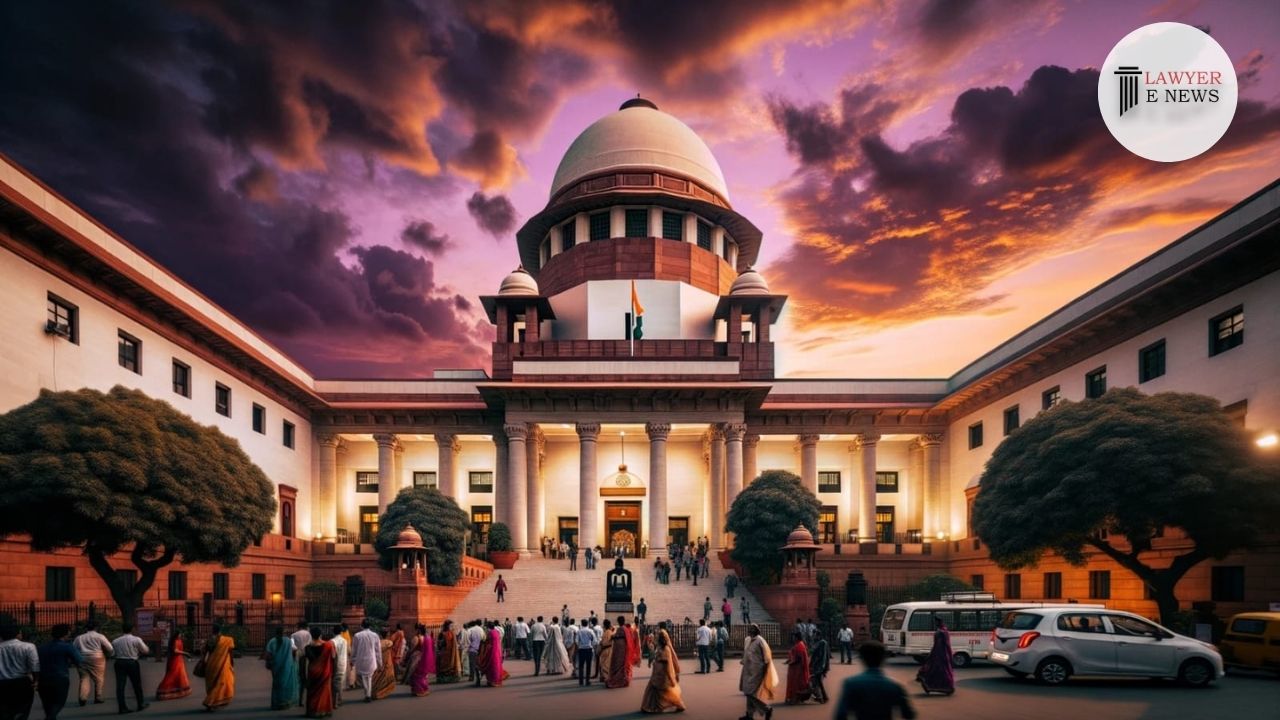-
by Admin
15 February 2026 5:35 AM



On 28 April 2023 , In a recent judgment, the Supreme Court of India set aside the decree for specific performance of a sale agreement issued by the High Court of Punjab and Haryana. The case, Civil Appeal Nos. 2514-2516 of 2023, involved a dispute between T.D. Vivek Kumar and another party (appellants) against Ranbir Chaudhary (respondent). The judgment was delivered by Justice M.R. Shah, with Justice C.T. Ravikumar concurring.
The dispute revolved around a sale agreement for a plot of land, where the appellants acted as attorneys for the second appellant. The agreement stipulated a sale price of Rs. 17,61,700 and set a tentative date for execution and registration of the sale deed. The respondent paid Rs. 2 lakh as earnest money. However, the appellants resisted the agreement, claiming that if they failed to execute the sale deed, the respondent would be entitled to double the amount paid as an advance.
The respondent filed a civil suit seeking specific performance of the sale agreement and an injunction. The Trial Court, followed by the First Appellate Court, refused to pass a decree for specific performance but awarded the respondent Rs. 4 lakhs (double the earnest money) in accordance with the agreement's terms.
The respondent then appealed to the High Court, which allowed the appeal and granted the decree for specific performance. The High Court relied on the finding that the respondent was ready and willing to perform their part of the contract.
The appellants subsequently filed a Special Leave Petition before the Supreme Court, which directed them to file a review petition before the High Court. The High Court dismissed the review application, leading to the present appeals before the Supreme Court.
The Supreme Court, in its judgment, highlighted that the High Court had failed to frame a substantial question of law as required under Section 100 of the Civil Procedure Code (CPC). It further noted that the agreement's clause stated that the buyer would be entitled to double the amount paid as an advance if the seller failed to execute the sale deed within the stipulated time.
Referring to the decision in P. D'Souza vs. Shondrilo Naidu, the Supreme Court held that the named sum in the agreement could be substituted for the performance of the act, allowing the court to refuse a decree for specific performance. Accordingly, the Court concluded that the Trial Court and the First Appellate Court were correct in refusing to pass such a decree and awarding Rs. 4 lakhs as compensation to the respondent.
As a result, the Supreme Court allowed the appeals, quashed the High Court's order granting specific performance, and restored the judgments and decrees passed by the Trial Court and the First Appellate Court.
T.D. Vivek Kumar & Anr. vs Ranbir Chaudhary
